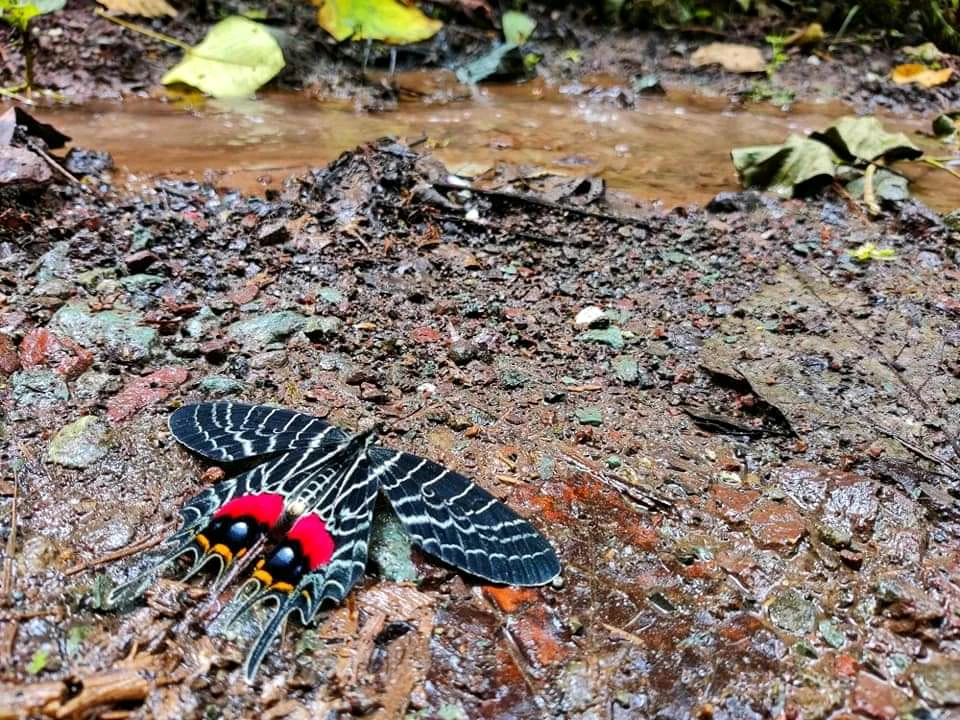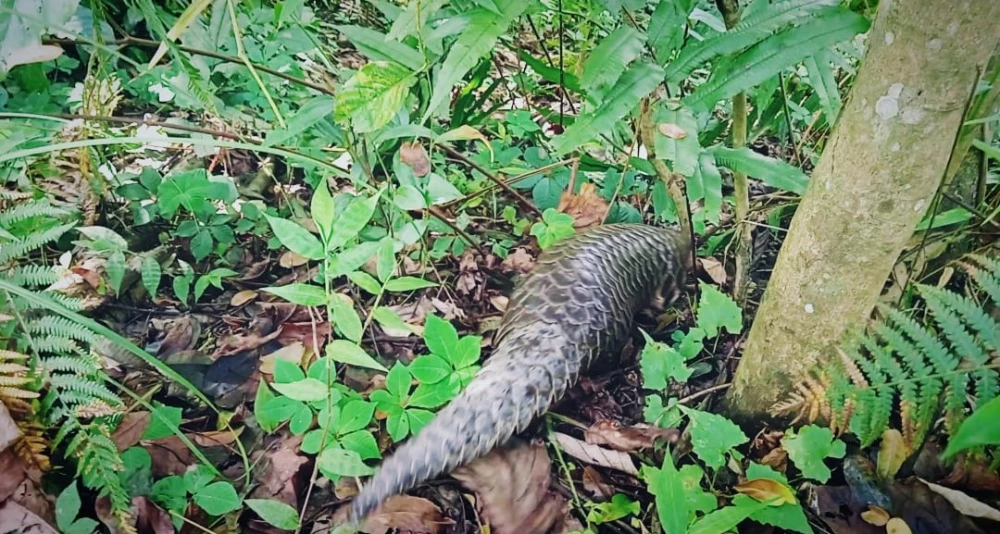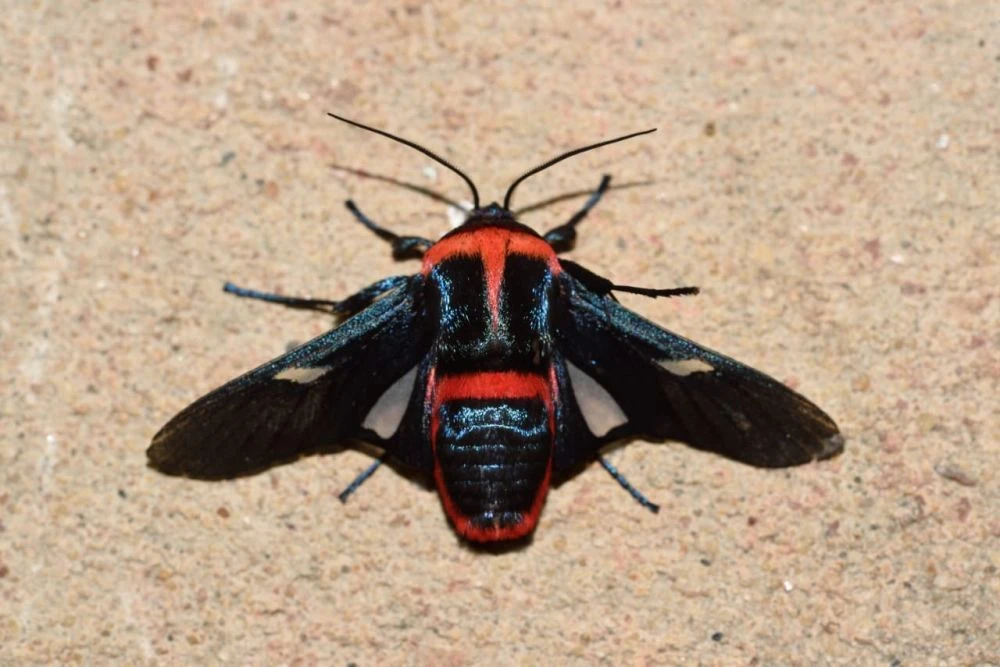Villagers tending to saplings destined for planting in the TVBCLN conservation area. (Photo Courtesy: TVBCLN)

TVBCLN-led villages lead in biodiversity conservation and carbon credit initiative
Tokavi K Zimo
Zunheboto | May 27
A community-led conservation effort in Zunheboto is showing how rural villages can play a major role in preserving nature and culture. The Tizu Valley Biodiversity Conservation and Livelihood Network (TVBCLN), founded and led by villagers, is preserving not only biodiversity but an entire way of life.
“We are not just protecting forests. We are preserving our identity, our heritage, and our future,” said Ivan Zhimomi, Team Lead of TVBCLN and Founder and Director of the Chengu Biodiversity Festival.
The initiative began in 2014 when the Sukhai Village Council declared 789 hectares of forest as a Community Conservation Area (CCA). Ghukhuyi and Kivikhu villages joined later, increasing the total protected area to 1,763 hectares. Zhimomi emphasized that the network is fully community-owned and managed, with no financial assistance from the government.
“We formed TVBCLN because we saw the need to revive our traditional practices, protect our environment, and find new, sustainable ways to support our livelihoods,” Zhimomi explained. “It’s a joint venture between three villages, and every decision is made by the community.”

The conservation areas span tropical and subtropical forests along the Tizu River, a key waterway in Nagaland. According to Zhimomi, the forest is home to rare and endangered species including Blyth’s Tragopan, Fishing Cat, Asiatic Wild Dog, and Chinese Pangolin.
“Our surveys have recorded over 222 bird species, 200 butterflies, 31 reptiles, and 11 amphibians,” he said. “This biodiversity is our pride—and our responsibility.”
TVBCLN also actively promotes eco-tourism to support local economies. “We receive about 200 to 300 visitors annually, mostly researchers and tourists interested in biodiversity, agriculture and culture. This brings in Rs 5 to 10 lakh per year and we create jobs for local youth as guides, homestay operators, and tour coordinators.”
One of the network’s major highlights is the Chengu Festival, a celebration of biodiversity and culture that has been officially recognized by the Nagaland Tourism Department. “We organize the festival every year, rotating between our three villages,” Zhimomi said. “It’s more than a celebration—it’s an awareness movement. We showcase our traditions, promote eco-tourism, and teach the younger generation about conservation.”
However, challenges remain. Zhimomi acknowledges that hunting and fishing are embedded in local customs, making behavioral change difficult. “We’re not trying to erase culture. We’re trying to prevent the commercialization of wildlife and promote sustainable practices,” he said.

He added, “Our biggest challenge is providing alternative livelihoods. That’s why we conduct capacity-building workshops, training programs, and awareness campaigns throughout the year. Change is slow, but it’s happening.”
Zhimomi also spoke about the complexities of land ownership in Nagaland, where most land is privately held by individuals or clans. “Convincing landowners to participate in conservation is not easy. But when people understand the long-term benefits, they start to support the cause.”
Climate Action
TVBCLN is also leading the way in climate action. With support from Value Network Ventures (VNV), Conservation International (CI), and The Energy and Resources Institute (TERI), the network has launched a REDD+ carbon finance project across 43 villages in Zunheboto District. The project, currently under review by the Plan Vivo platform, aims to generate revenue from carbon credits and reinvest it into tree planting and livelihood development.
“Carbon credits can change everything for our farmers,” Zhimomi said. “We’re planting nearly one lakh indigenous trees every year and we have the carbon sequestration data to prove our forests are making a difference.”
He added that Nagaland currently has no registered REDD+ project, and TVBCLN’s effort could become the state’s first. “It’s not just about revenue. It’s about resilience. We’re facing landslides, floods, water shortages—all signs of climate change. This is our way of fighting back.”

Zhimomi is actively engaged in leading communities toward sustainable development and is working with TERI to implement a pilot project for joint community CCAs in Zunheboto District.
Despite limited resources, TVBCLN’s work has received national and international recognition. It was awarded the India Biodiversity Award for Sustainable Use of Biological Resources in 2018, the 9th Balipara Foundation Award for Rural Future Rewilding in 2021, the Governor’s Award for Outstanding Contribution to Environmental Awareness and Protection in 2022 and the World Agrotourism Award in 2023.
“We have a rich culture and rich biodiversity. If we manage it well, we don’t need to leave our villages for jobs. We can build a future right here. Our story proves that communities can lead the way in conservation,” Zhimomi stated.







